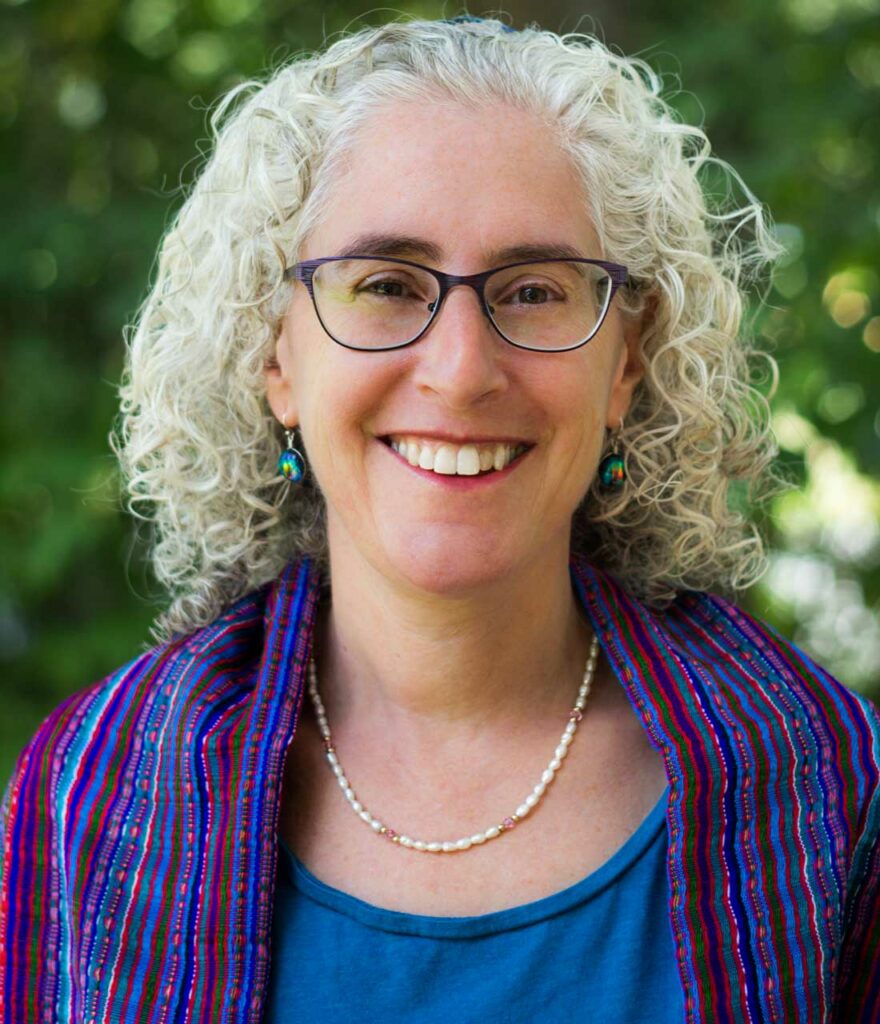At the end of the school year, my childhood rabbi gave us the same homework assignment every summer: Read a good book; take a long walk; make a new friend; and do something kind for someone. I gave the same lesson to my students.
As I think about the upcoming Jewish holiday of Shavuot, I find myself reflecting on this assignment. Shavuot is a Festival which occurs seven weeks after Passover. It celebrates God’s giving the Torah to Moses at Mount Sinai. In addition to verses from the Torah, the book that is read on Shavuot is Ruth, a short story focusing on the love and support of Ruth for her mother-in-law, Naomi.

It begins with Naomi, her husband, Elimelech, and their two sons, Machlon and Chilion, taking a long walk from Bethlehem to Moab because of a famine in their land. Soon after they arrive, Naomi’s husband dies.
Her sons marry Moabite women, Ruth and Orpah. Then, both of her sons die leaving Naomi and her daughters-in-law all bereft. Naomi decides to return to the land of Canaan and tells Ruth and Orpah to stay in Moab.
But Ruth, a new friend, resists, telling her mother-in-law, “do not urge me to leave you; wherever you go I will go; your people will be my people and your God my God.” [Ruth 1:16] Ruth’s words are a statement of love and faith as she casts her lot with Naomi and her people.
When they return to Canaan, others learn of Ruth’s acts of loving kindness to her mother-in-law. Soon, Ruth meets a relative of Naomi’s, Boaz, who rewards her for her kindness and eventually marries her. Together they have a son, Obed, who is the ancestor of King David.
There are many reasons the Book of Ruth is read on Shavuot. The story occurs during the harvest season described in the book and includes a woman who chooses to join the Jewish people. It also teaches the value of chesed—loving kindness, an important lesson of Judaism.
The love of these two women, Naomi and Ruth, is special. After the death of her husband and sons, Naomi does not want to accept any help from Ruth or Orpah and urges them to remain in Moab. But Ruth persisted in supporting Naomi through their bereavement.
Both women were suffering. Both were mourners. When they arrive in Canaan, Ruth’s reputation for kindness is already known.
As we prepare for the summer, this universal lesson of loving kindness applies to all of us. I hope we will all read a good book, take a long walk, make a new friend and do something kind for someone. As the Psalmist teaches, Olam chesed yibaneh. The world is built on loving kindness.
Rabbi Faith Joy Dantowitz is the rabbi of Congregation Emeth, located in Morgan Hill and serving all of South County. Congregation Emeth, founded 47 years ago, welcomes everyone to join their diverse and caring community which offers Jewish learning, social justice and caring connection. Dantowitz can be contacted at ra***@***th.net.








